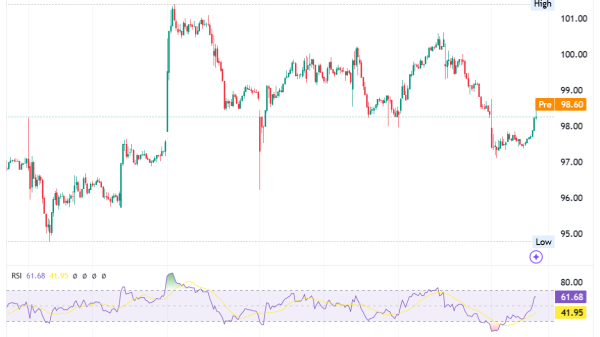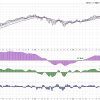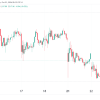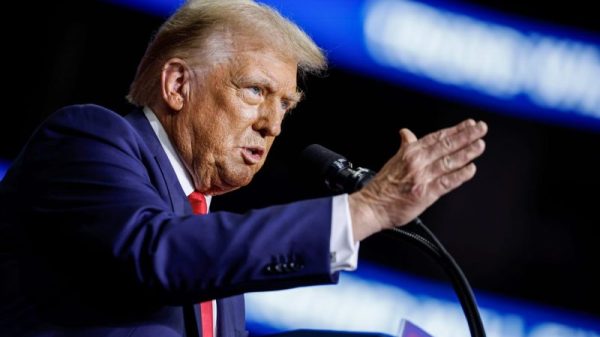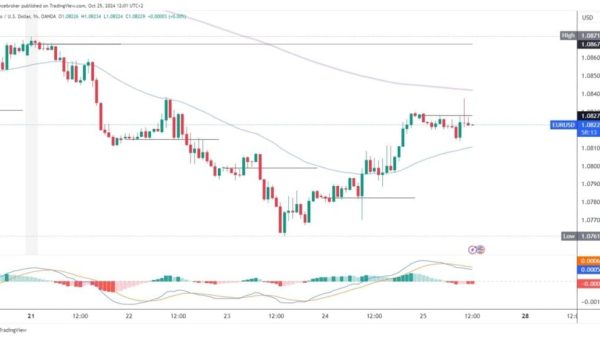
U.S. rideshare and delivery platforms such as Uber Technologies IncUber (NYSE:UBER), Lyft, DoorDash Inc, and others may face only modest risks from potential deportations under President-elect Trump’s proposed immigration policies, according to a recent expert call hosted by Wolfe Research.
While immigration is expected to remain a key issue in the upcoming administration, Wolfe analysts said the direct impact on the gig economy, particularly rideshare and food delivery services, is likely limited.
Analysts estimate that undocumented migrants could account for up to 10% of drivers on these platforms, a figure considered high, but still relatively small in the broader context of the industry’s workforce.
Analysts noted that while there may be some pressure on pricing and supply from any deportation risks, the impact on the platforms is expected to be minimal. Platforms like Uber, Lyft, and DoorDash have several mechanisms in place to mitigate such risks, including adjusting pricing and deploying incentives, if needed, to retain or attract drivers.
“We are incrementally more confident in our view that the risk to deportation from President-elect’s immigration policy is likely very modest on rideshare and food delivery platforms,” Wolfe analysts wrote in the note.
As part of their broader immigration policies, the incoming administration has indicated potential efforts to curb illegal immigration, including an increase in deportations. However, the rideshare industry, which relies heavily on flexible part-time workers, has multiple ways to address supply issues, even if some drivers were to be deported.
Despite concerns about labor supply, analysts highlighted that overall supply for rideshare platforms remains healthy. Uber reported 7.8 million drivers on its platform in Q3 2024, an increase of 21% year-over-year.
Lyft also saw steady demand but noted a 33% drop in driver incentives year-over-year. Nonetheless, both companies remain confident in their ability to maintain balanced supply and demand, even as they face pressure during peak times like Q4.
The broader macroeconomic climate and changes in government policies, including the potential for stricter immigration enforcement, are likely to remain ongoing concerns for the industry. However, the immediate threat of widespread driver shortages or pricing spikes due to deportations seems limited, according to analysts’ assessment.











